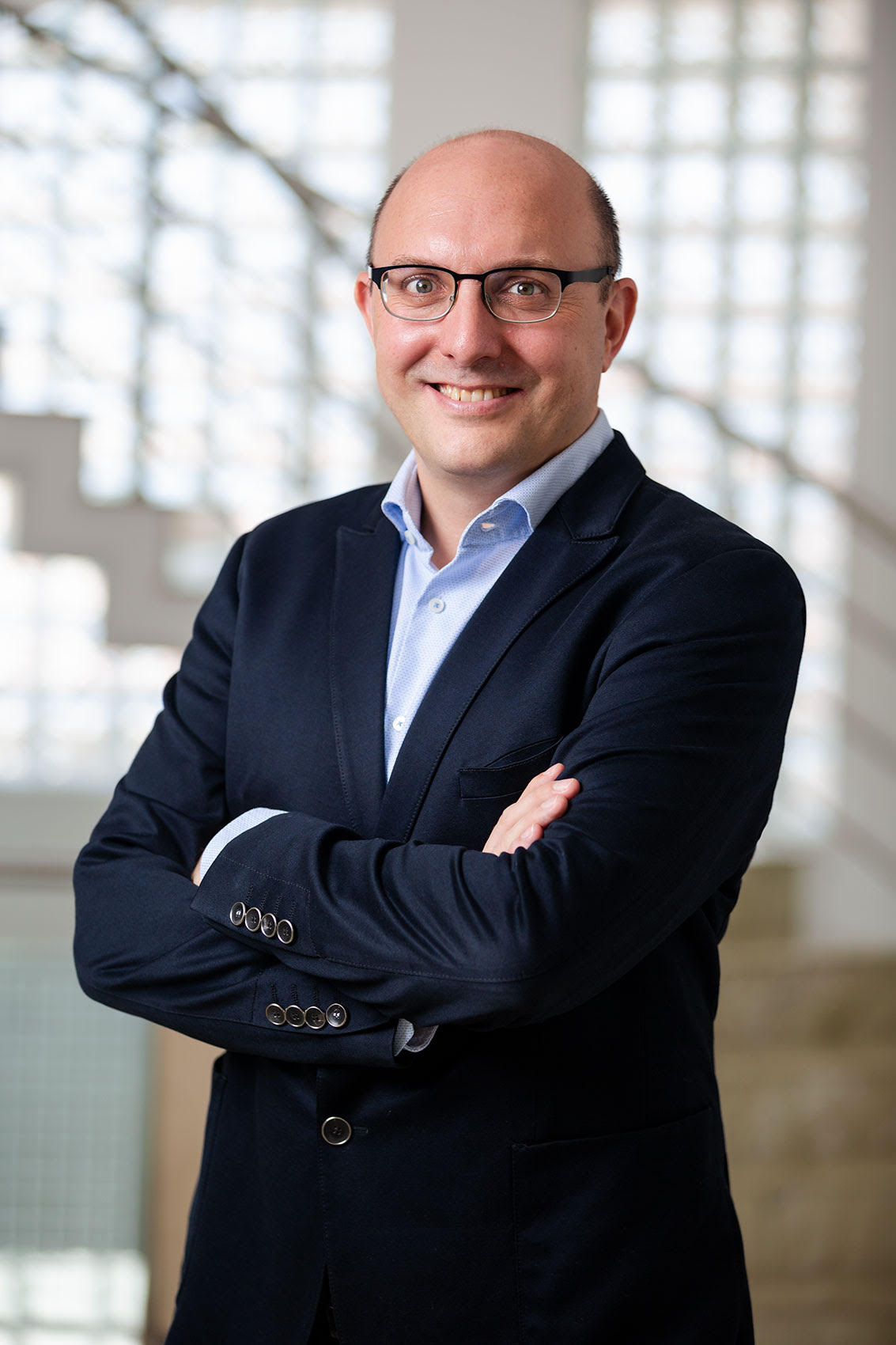swissnex India turns ten in a challenging year

From helping Swiss deeptech start-ups find a foothold in India to repatriating stranded Swiss nationals during the Covid-19 crisis, swissnex India is marking an eventful decade of existence.
swissnex IndiaExternal link is a Swiss government-funded initiative to promote science and innovation in India. There are five such swissnex hubs around the world: Boston, San Francisco, Shanghai, Rio de Janeiro and India, with several smaller outposts in other cities. The global swissnex network is marking its 20th anniversary this year.
In their host countries, the swissnex hubs have the mandate to develop contacts with universities, research institutes and companies and to make this network available to interested Swiss institutions and individuals.
Where does swissnex India find itself ten years after its founding, in a year when a global pandemic has forced most networking online? Its CEO Sébastien Hug explained the organisations current and future challenges and what he sees as its greatest achievements.

swissinfo.ch: What does swissnex India do on a day-to-day basis?
Sébastien Hug: Our mission statement is: Connecting the dots in research, innovation, and education between Switzerland and India. Specifically, this means that on a daily basis my team comes up with new ideas on how to create meaningful engagements between Swiss and Indian players, providing insights, analysis and context for each innovation ecosystem, identifying whom to connect our partners with, and curating an outcome-focused exchange. This means a lot of brainstorming, outreach activities and networking, expertise-building, and preparing workshops as well as other engagement formats.
swissinfo.ch: The Covid-19 pandemic has hit the Indian economy hard. How do you operate in such an environment?
S.H.: Since the pandemic hit India in mid-March, we’ve been mostly working from home. As a team, we obviously had to learn how to collaborate via digital platforms and rethink our activities. We launched two new digitally driven initiatives: nexHack Edtech is a virtual hackathon organised jointly with movetia [the Swiss national agency for the promotion of educational exchanges], exploring how digital tools can re-shape international education. CovidSciComm is another project with swissnex Boston, Science&Cité and the Swiss Academies, and an Indian research institution, where we try to understand the impact of Covid-19 on the science communication community.
swissinfo.ch: What are some of the most promising areas for Indo-Swiss collaboration in science and technology?
S.H.: At swissnex India, we’ve identified four focus areas which – in our view – offer the most promising opportunities for Swiss entrepreneurs, academics, and innovative companies alike: Deeptech (such as AI, blockchain, drones, etc.); renewable energy; health technology; and science for society (topics related to sustainability and social innovation). As part of these strategic focus areas, we have for instance brought Indian blockchain entrepreneurs and policymakers to Switzerland, we were featured as the main country partner at one of India’s largest life sciences conferences, and we supported Swiss cleantech start-ups in their market entry.
swissinfo.ch: There are swissnex units in cities around the world. What do they have in common?
S.H.: It’s been 20 years since the founding of swissnex in Boston. Driving this adventure was a vision for the future of Switzerland and its formidable innovation potential. Today, swissnex represents an unparalleled platform for connecting tomorrow. In the coming weeks – through our nex20 campaign – the swissnex Network will be engaging researchers, entrepreneurs, and visionary leaders to imagine the role of Switzerland on the global stage in 2040. Each location will adapt its programs to the needs of its Swiss partners and the specificities of the local ecosystem. But what we have in common is what drives us: passionate, dynamic teams, an entrepreneurial and enabling work culture, and the relentless pursuit to make a difference to our partners by unlocking the value of human connections and dialogues.
swissinfo.ch: What about swissnex India differentiates it from other units?
S.H.: I believe that in many respects, India has a huge potential and offers many opportunities to be uncovered by our Swiss stakeholders. Our experienced team brings a lot of insights and knowledge into how to curate meaningful exchanges and, for our Swiss partners, how to adapt collaboration models to the Indian context.
swissinfo.ch: In 2015, swissnex Singapore ended its operations a little after ten years of existence. How do you ensure that the same thing doesn’t happen to swissnex India?
S.H.: India offers great potential, many areas remain to be discovered and explored. We also believe that with our resources and knowledge, there is a lot to be gained by collaborating with our colleagues in the Asia region, including the Science Counsellor at the Swiss Embassy in Singapore. By working as a network and pooling resources, we will continue to stay relevant to our partners and offer new programs jointly, such as the ThinkSwiss Scholarship Program.
swissinfo.ch: What are some of swissnex India’s most notable achievements?
S.H.: swissnex India has really established itself as the go-to organisation for science and technology collaborations, the key metric being customer satisfaction: 90% of our Swiss partners have indicated that they are satisfied or very satisfied with our services. This means, behind each vote of confidence must be a little success story.. For instance, the Swiss start-up Orbiwise, which has established a long-lasting partnership with Tata Communications; or the University of Geneva, which has established a partnership with the leading research institution of India; or the immersive social innovation program for Swiss students, which was co-created with the Swiss Federal Institute of Technology Lausanne (EPFL), the University of Lausanne, and art and design university ECAL.
swissinfo.ch: swissnex India also serves as the Swiss consulate general of Switzerland in Bengaluru (Bangalore). What does this entail?
S.H.: While the raison d’être in Bangalore is to connect the Swiss and Indian innovation landscape, as a Consulate General we also represent more generally the interests of Switzerland in South India, and strengthen the visibility of Switzerland through public diplomacy projects, including networking events with the Swiss-Indian Chamber of Commerce or cultural projects. In (rare) emergency cases, together with our colleagues from the Consulate General in Mumbai, we offer support to Swiss citizens. For instance, in the beginning of the Covid-19 crisis, we organised the repatriation of Swiss citizens and residents out of Kerala and Goa.
swissinfo.ch: What plans do you have for the future?
S.H.: Over the next couple of months we’ll continue to explore even deeper how the digital world can bring India and Switzerland together, as physical travel will be restricted or reduced. In the summer of 2021, swissnex India will see a leadership change and, with that, the new CEO will redefine his or her priorities and strategies, and bring new ideas on how to pursue our mission.
(Hug answered the above questions via e-mail).

In compliance with the JTI standards
More: SWI swissinfo.ch certified by the Journalism Trust Initiative










You can find an overview of ongoing debates with our journalists here . Please join us!
If you want to start a conversation about a topic raised in this article or want to report factual errors, email us at english@swissinfo.ch.